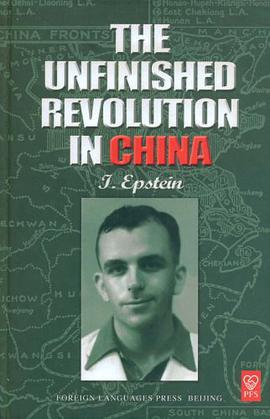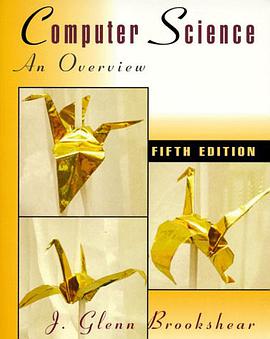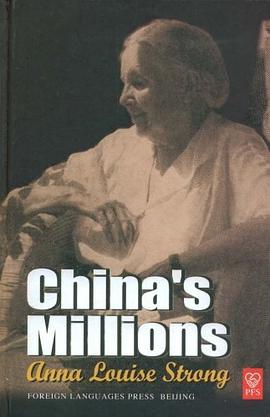

具體描述
From Library Journal First published in Brazil in 1988 as Turning the Tables , this book was the all-time best-selling nonfiction book in Brazil's history. Semler, the 34-year-old CEO, or "counselor," of Semco, a Brazilian manufacturing firm, describes how he turned his successful company into a "natural business" in which employees hire and evaluate their bosses, dress however they want, participate in major decisions, and share in 22 percent of the profits. Semler believes that Semco is different from most companies that have participatory management because employees are given the power to make decisions--even ones, with which the CEO wouldn't normally agree. Semler claims, "This is not a business book. It is a book about work, and how it can be changed for the better." Highly recommended.- Mark McCullough, Heterick Lib. , Ohio Northern Univ. , AdaCopyright 1993 Reed Business Information, Inc. From Booklist What makes for a successful company? In a sometimes breathless, often boyish manner, Semler, a counselor of a Brazilian company (Semco), relates the transformation of a traditionally structured business into one quite literally without walls and rules. Semler details his not-so-easy steps in the metamorphosis: abolishing dress codes and regulations; decentralizing plants; getting rid of paperwork and titles (hence, his appellation as counselor, not CEO); and creating a consultative democracy in which employees set their own salaries and work hours and vote on managerial candidates, among other responsibilities. If it sounds too much like utopia, Semler admits that Brazil's economic downturn has impacted Semco and that, yes, being born with a silver spoon certainly colors his vision. Nonetheless, his is a philosophy that merits some serious thought by managers and workers alike. Barbara Jacobs See all Editorial Reviews
著者簡介
● 他是一個富二代,接班後成功重塑瞭塞氏企業。
● 他推動員工自主管理,自定薪酬,自定工作時間。
● 在極其惡劣的商業環境中,他對腐敗零容忍。
● 他推動組織變革,讓企業組織的金字塔鏇轉起來。
● 他推動員工自主創業,將塞氏公司變成平颱企業。
● 他對未來有更長遠的目標,在巴西創辦瞭新式教育機構。
● 他是世界經濟論壇遴選齣的“全球未來領袖”,被民眾票選為“巴西年度領袖”。
● 從重塑企業到重塑自我,再到重塑社會,這個曾經的搖滾青年是如何做到的?
圖書目錄
讀後感
一直以为这样的乌托邦式企业是不存在的,或者是昙花一现,不可能长久,当看到赛赛企业传奇这本书的时候,我脑海里浮现的第一个问题就是:这家企业现在如何?一个在专制环境下生活久了的人,对民主总是会抱着怀疑的态度。 随着互联网的发展,越来越多的企业开始打破金字塔式的管...
評分研究西方管理学的历史大家会发现,管理学诞生一百多年来,理性主义和人文主义,每隔20-30年交替成为管理学的主流。交替周期基本与宏观经济周期吻合,萧条期人文主义主导,繁荣期理性主义主导。当企业绩效更多地取决于资本管理时,信奉理性主义;当企业绩效更多取决于劳动管理时...
評分一直以为这样的乌托邦式企业是不存在的,或者是昙花一现,不可能长久,当看到赛赛企业传奇这本书的时候,我脑海里浮现的第一个问题就是:这家企业现在如何?一个在专制环境下生活久了的人,对民主总是会抱着怀疑的态度。 随着互联网的发展,越来越多的企业开始打破金字塔式的管...
評分我们是谁? 这似乎是一个永恒的话题。互联网的各类组织方式和信息流的形态,一遍一遍在告诉我们我们的本性如何。 塞氏企业用他们的人性的光辉构成了一幅美好的画卷。 我们是谁?
評分我们是谁? 这似乎是一个永恒的话题。互联网的各类组织方式和信息流的形态,一遍一遍在告诉我们我们的本性如何。 塞氏企业用他们的人性的光辉构成了一幅美好的画卷。 我们是谁?
用戶評價
相關圖書
本站所有內容均為互聯網搜索引擎提供的公開搜索信息,本站不存儲任何數據與內容,任何內容與數據均與本站無關,如有需要請聯繫相關搜索引擎包括但不限於百度,google,bing,sogou 等
© 2025 book.quotespace.org All Rights Reserved. 小美書屋 版权所有




















